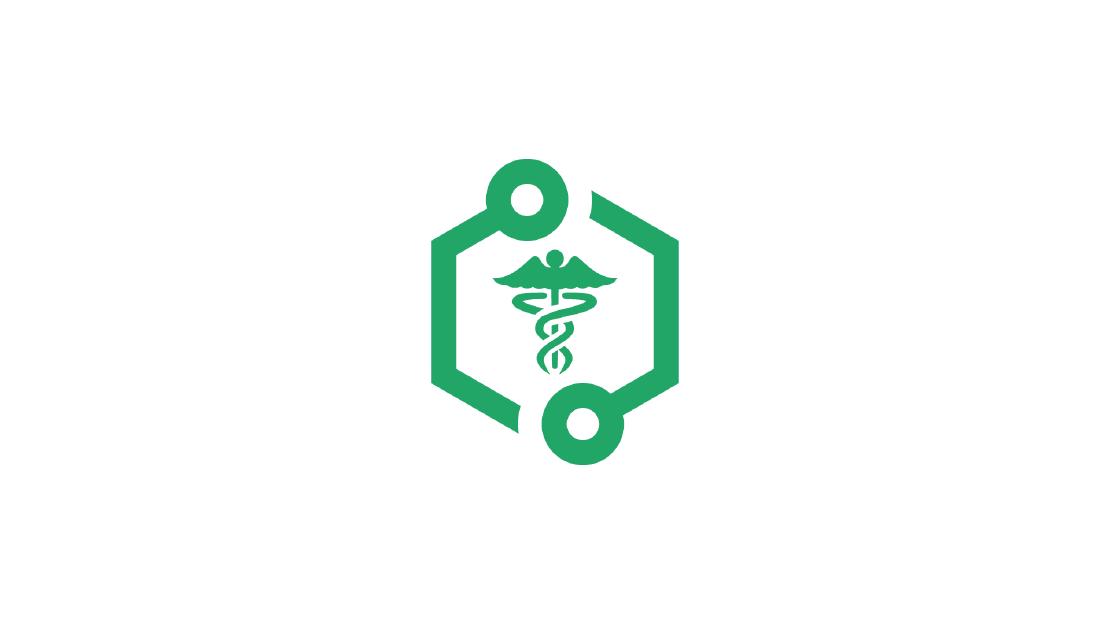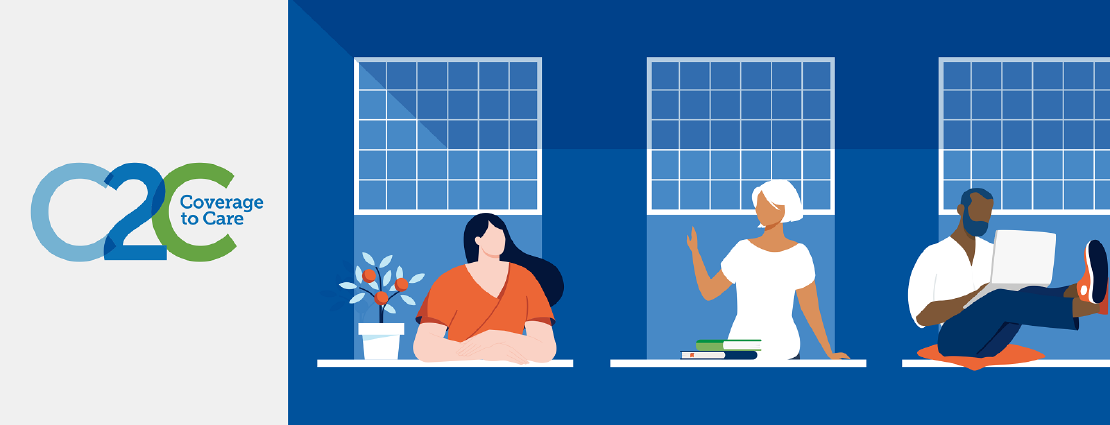The Medicare Shared Savings Program (Shared Savings Program) is a innovative approach to healthcare delivery, bringing together doctors, hospitals, and other healthcare providers to work together as Accountable Care Organizations (ACOs). The goal of these ACOs is to provide coordinated, high-quality care to Medicare beneficiaries, focusing on delivering the right care at the right time while avoiding unnecessary services and medical errors. What are ACOs?
ACOs are groups of healthcare providers who collaborate to improve the quality and efficiency of care for Medicare beneficiaries. ACOs are accountable for the overall care of their patients and are incentivized to provide high-quality, cost-effective care. How do ACOs work?
ACOs work by:
- Coordinating Care: ACOs bring together doctors, hospitals, and other healthcare providers to coordinate care for Medicare beneficiaries, ensuring that patients receive comprehensive, high-quality care.
- Focusing on Quality: ACOs are incentivized to provide high-quality care, focusing on preventing hospitalizations, reducing readmissions, and improving patient outcomes.
- Sharing Savings: When an ACO succeeds in both delivering high-quality care and spending healthcare dollars more wisely, the ACO may be eligible to share in the savings it achieves for the Medicare program (also known as performance payments). Benefits of ACOs
The Shared Savings Program has several benefits, including:
- Improved Patient Outcomes: ACOs are incentivized to provide high-quality care, leading to improved patient outcomes and better health.
- Reduced Costs: ACOs are incentivized to reduce costs by avoiding unnecessary services and medical errors, leading to cost savings for the Medicare program and patients.
- Increased Patient Engagement: ACOs encourage patient engagement, empowering patients to take a more active role in their care. Conclusion
The Medicare Shared Savings Program is a critical step towards transforming the way healthcare is delivered in the United States. By bringing together doctors, hospitals, and other healthcare providers to work together as ACOs, we can improve patient outcomes, reduce costs, and increase patient engagement. As the program continues to evolve, it is essential to build on its successes and continue to innovate and improve the delivery of healthcare services.



